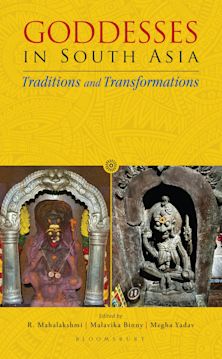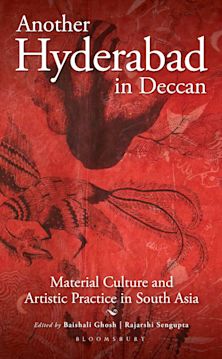- Home
- ACADEMIC
- History
- Asian History
- Of Camel Kings and Other Things
Of Camel Kings and Other Things
Rural Rebels Against Modernity in Late Imperial China
Of Camel Kings and Other Things
Rural Rebels Against Modernity in Late Imperial China
This product is usually dispatched within 2-4 weeks
- Delivery and returns info
-
Flat rate of $10.00 for shipping anywhere in Australia
You must sign in to add this item to your wishlist. Please sign in or create an account
Description
From the perspective of village activists across China, this book tells the stories of farmers and rural laborers who raised the banner of opposition to constitutional reform during the first decade of the twentieth century. The author brings to life the stories of the Camel King of Zunhua county, Qu Shiwen and the Four Mountains of Laiyang county, and many others who criticized government modernization efforts, known collectively as the New Policy.
Using county archives--including oral histories--as well as memoirs, periodical literature, missionary records, and official documents both Chinese and foreign, Of Camel Kings and Other Things constructs, from fragmented sources, a coherent historical view vital to our understanding of China's twentieth-century crises and the dilemmas of modernity itself.
Table of Contents
Chapter 2 Introduction
Chapter 3 Anti-New Policy Rural Activism in Historical Context: Taiping and Boxer Preludes
Chapter 4 Laiyang, Shandong: Qu Shiwen and the Four Mountains
Chapter 5 Excerpt from Water Margin
Chapter 6 Zunhua, Zhili: Camel King Wang at the Foot of the Great Wall
Chapter 7 Excerpt from Three Kingdoms
Chapter 8 Weiyuan, Sichuan: Heaven-Protected Liu Xiangting Among the Red Lanterns
Chapter 9 Excerpt from Journey to the West
Chapter 10 Lianzhou, Guangdong: The Greenwood, Tongmenghui Alliance
Chapter 11 Chuansha, Jiangsu: Ding Fei and Her Vegetarian Sisterhood in Resistance to Reform
Chapter 12 Conclusion
Chapter 13 Epilogue
Chapter 14 Glossary
Product details
| Published | 14 Jan 1999 |
|---|---|
| Format | Paperback |
| Edition | 1st |
| Extent | 320 |
| ISBN | 9780847690077 |
| Imprint | Rowman & Littlefield Publishers |
| Dimensions | 231 x 151 mm |
| Series | State & Society in East Asia |
| Publisher | Bloomsbury Publishing |
About the contributors
Reviews
-
A highly original exploration of an aspect of early twentieth-century Chinese history that has too long lacked full-scale treatment. The research is always impressive and the work is pioneering.
Ernest P. Young, University of Michigan
-
A fascinating study of peasants in relation to modern state-building projects. Ambitious in its sweep and rich in detail, it offers new ways to think about the complexities of the Chinese revolution and the history of the subaltern classes.
Partha Chatterjee, Columbia University
-
This book is an important contribution to the current literature on rural violence in the history of late imperial China. Prazniak has produced a well-researched study of peasant resistance in various parts of early twentieth-century China. Rich in insightful detail, highly readable and informative, this book is destined to become essential reading for those interested in peasant protests and popular uprisings in China and other parts of the world.
Joseph Tse-Hei Lee, Journal Of Parapsychology
-
Makes a positive contribution to understanding peasant protests during the last decade (c. 1900-1910) of Imperial China.
E. H. Kaplan, Western Washington University, Choice Reviews
-
In the first detailed monograph in English on rural protests against the Qing New Policy state building reforms of 1901–11, Prazniak examines the behavior of many people like the Camel King and reflects on the significance of their collective action. . . . Prazniak offers a wealth of stimulating observations on village social dynamics in her five case studies.
Journal of Asian Studies
-
A valuable historical work. . . . The author offers a fascinating description of the struggles of farmers against the constitutional reform of the late Qing government.
Cai Shaoqing, Nanjing University



































